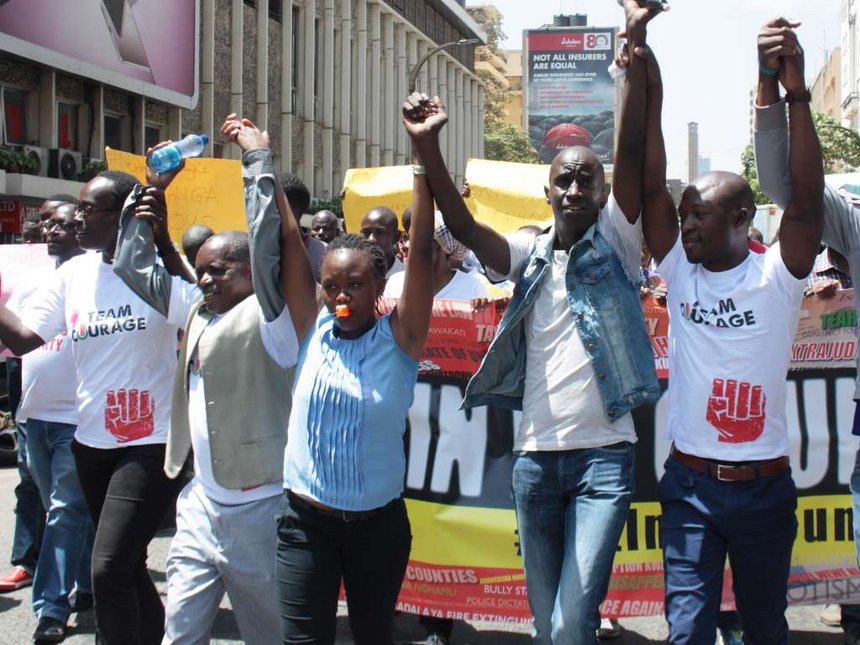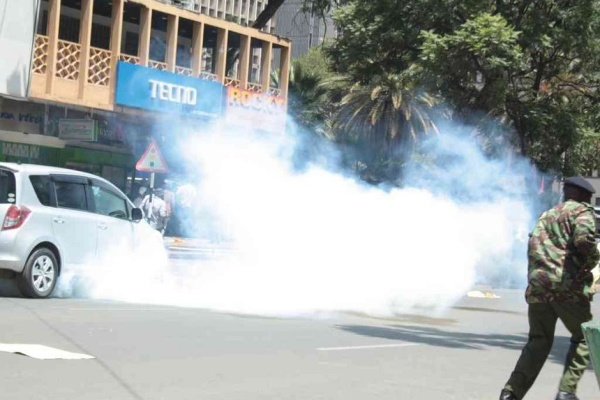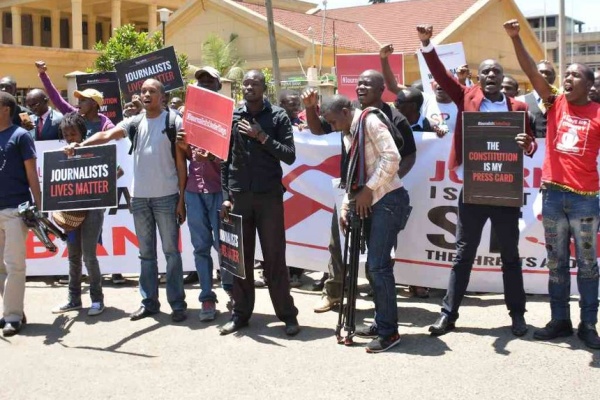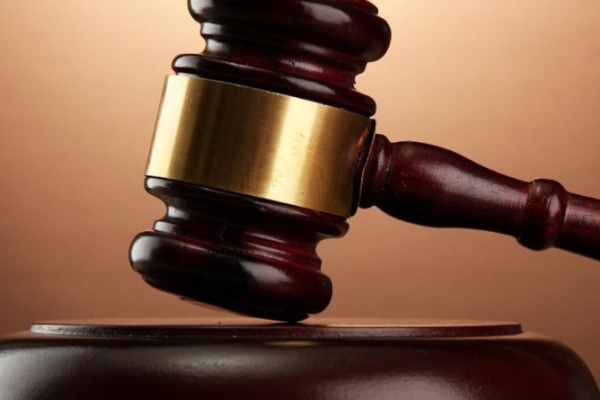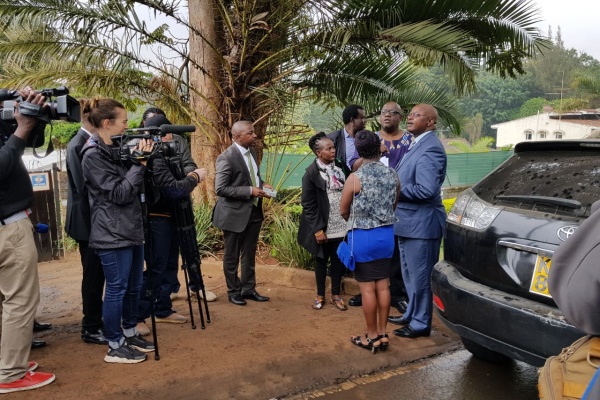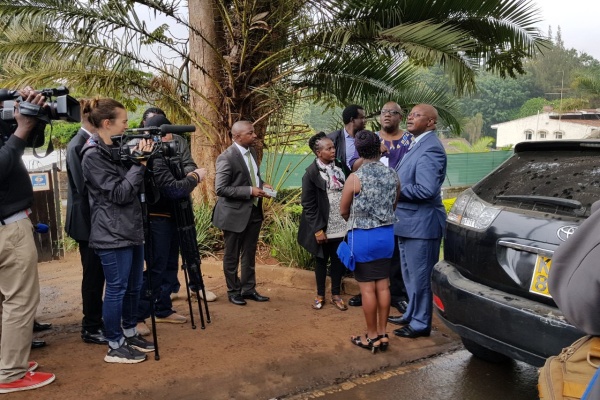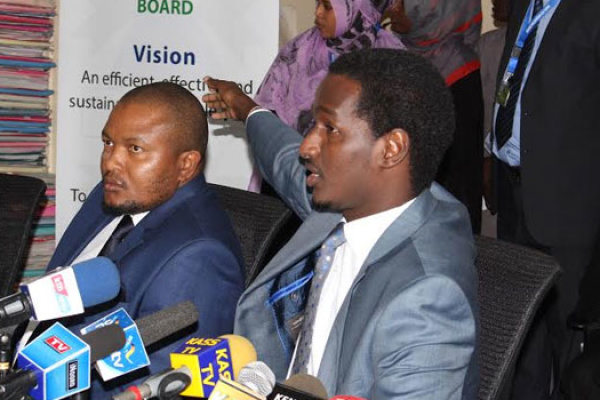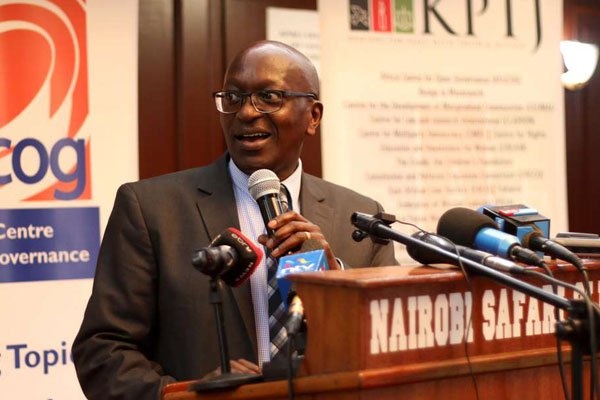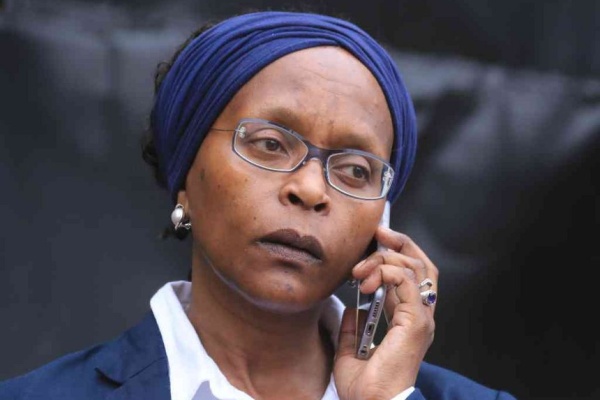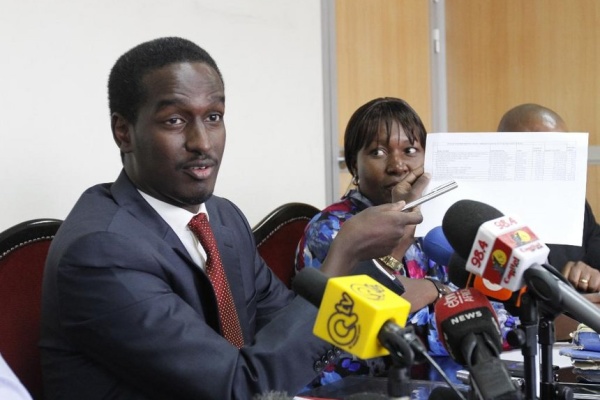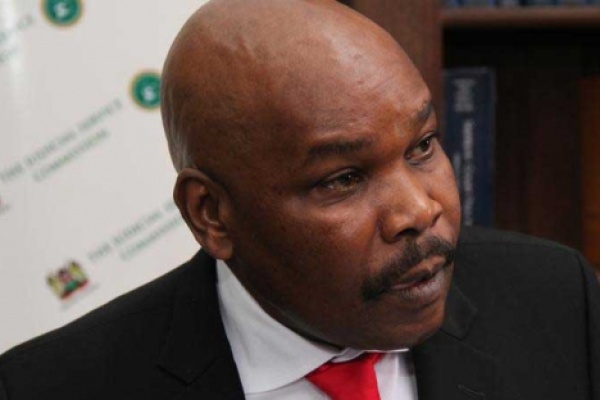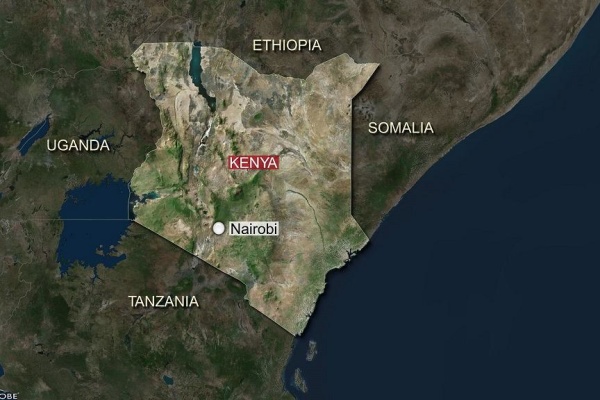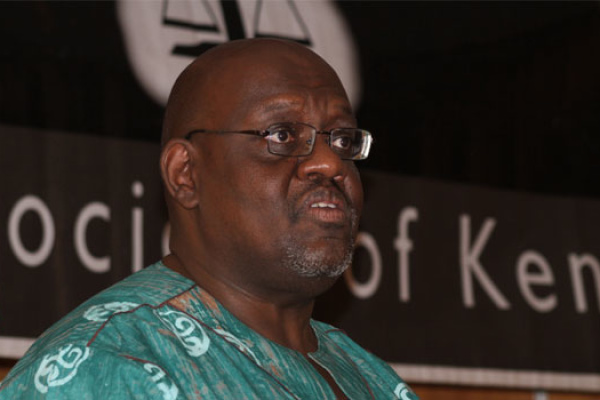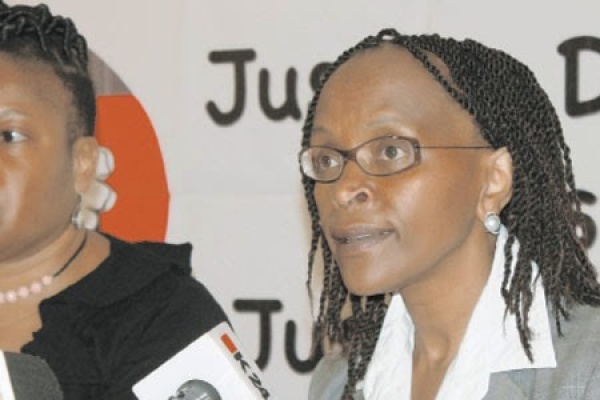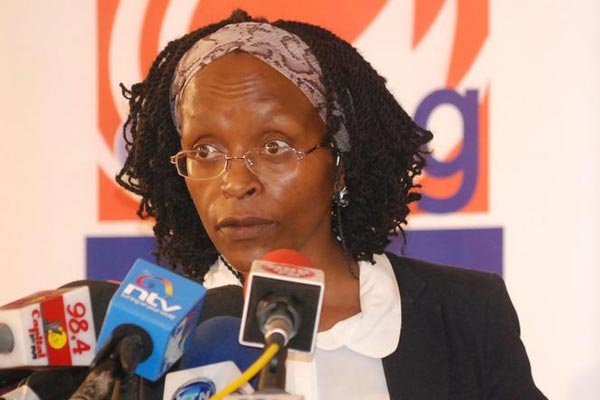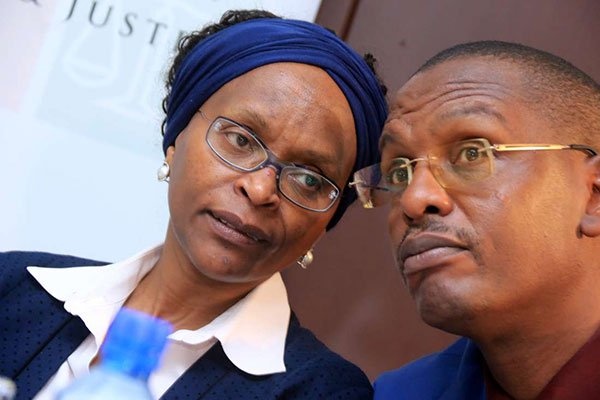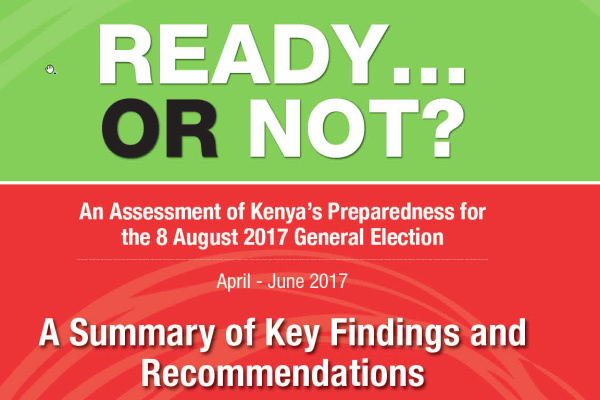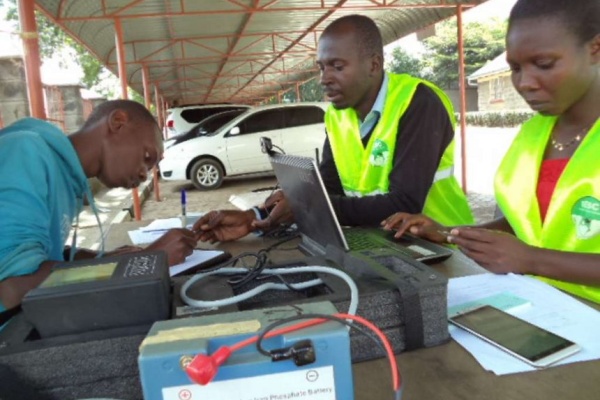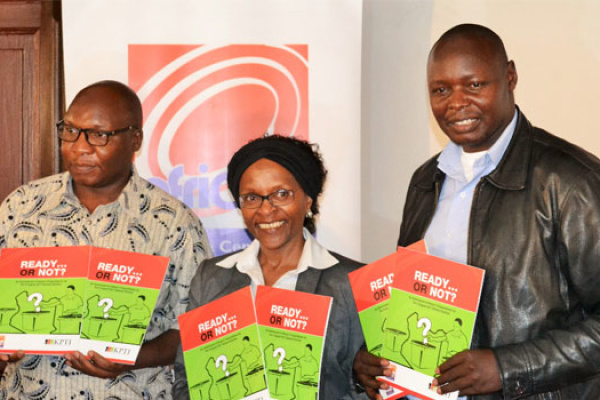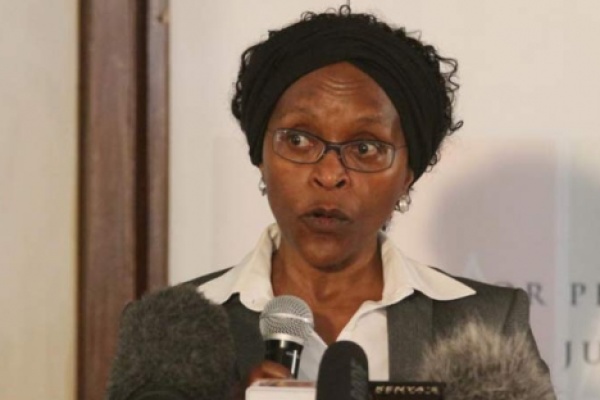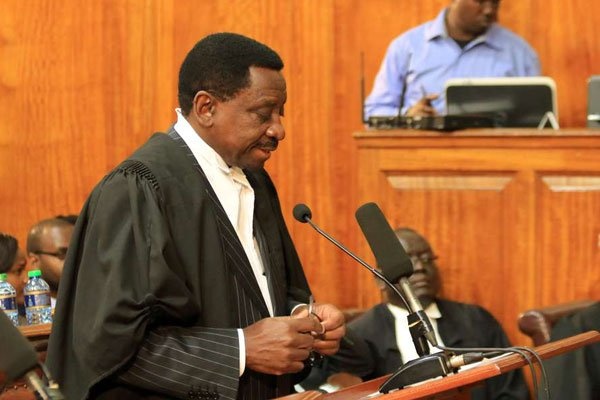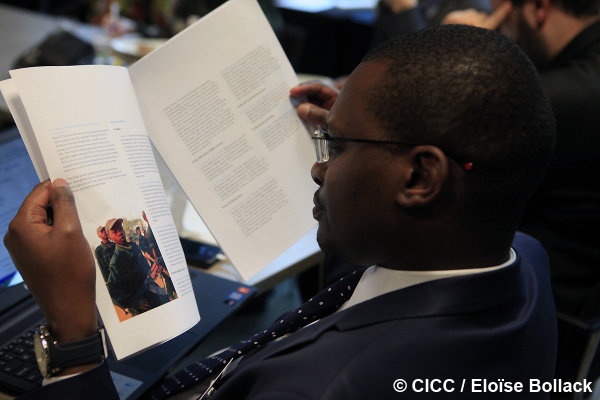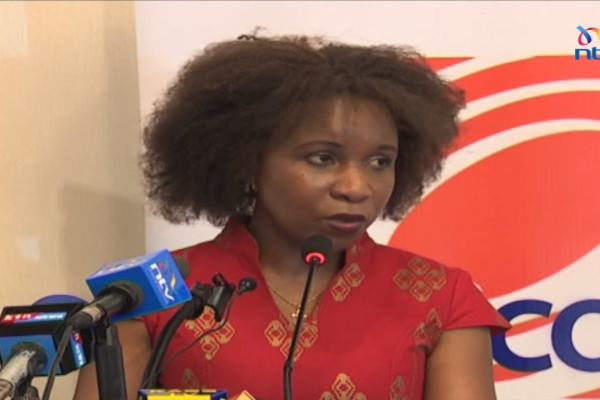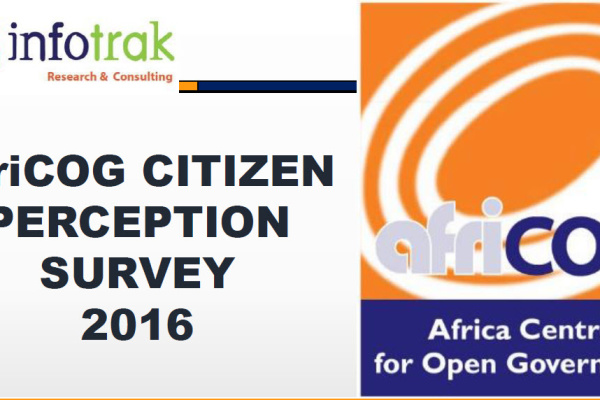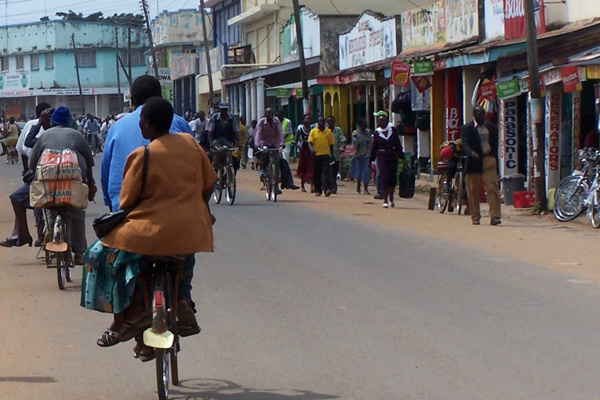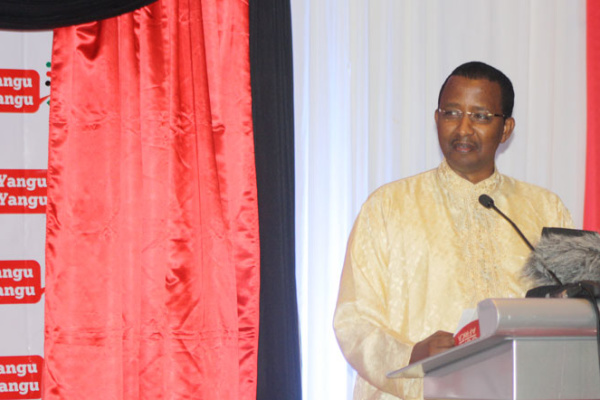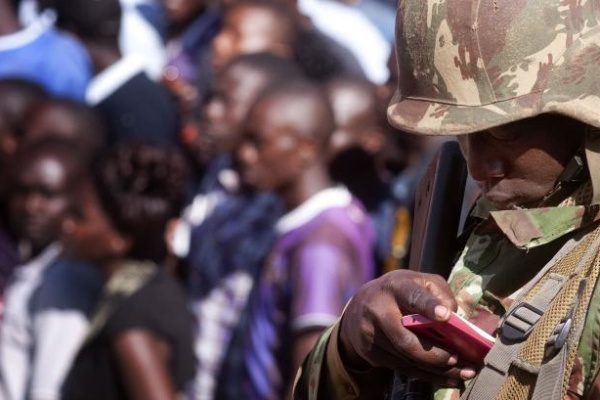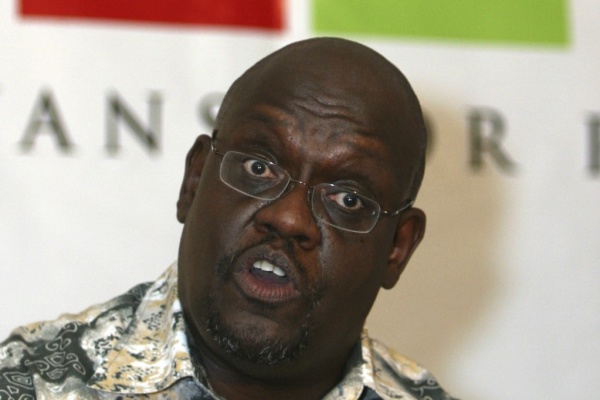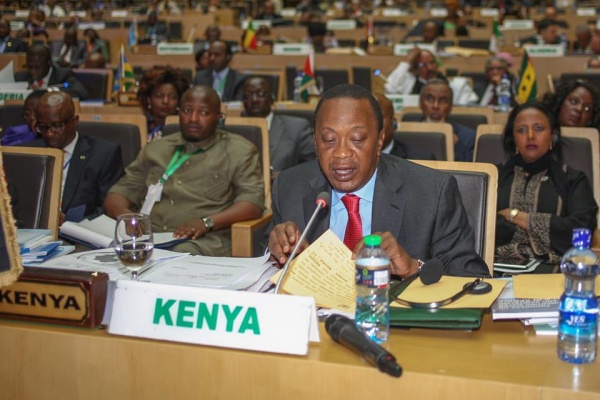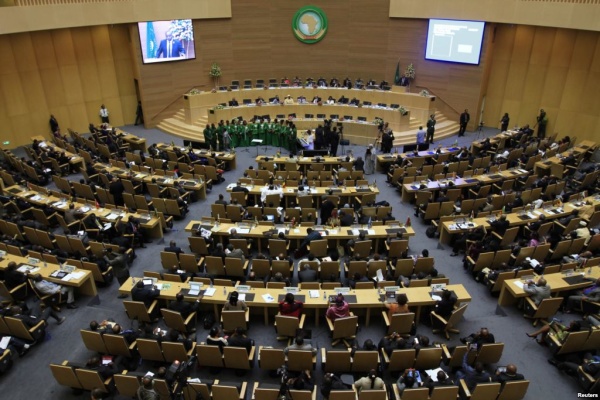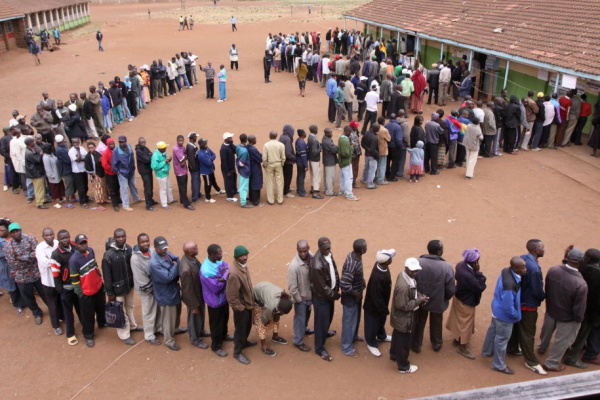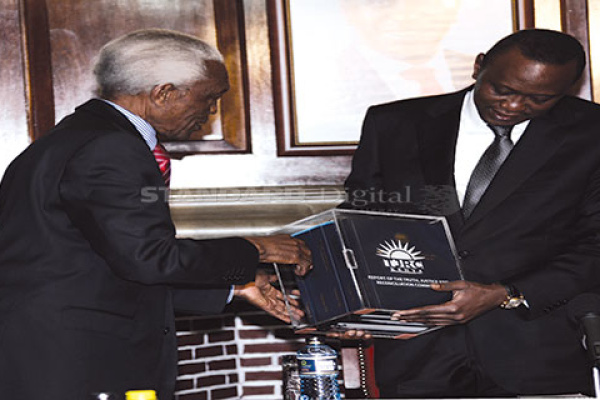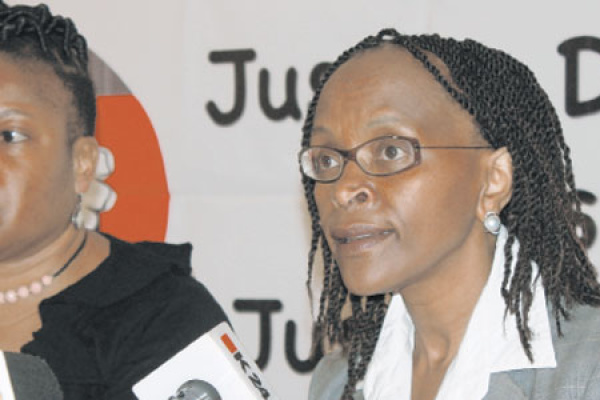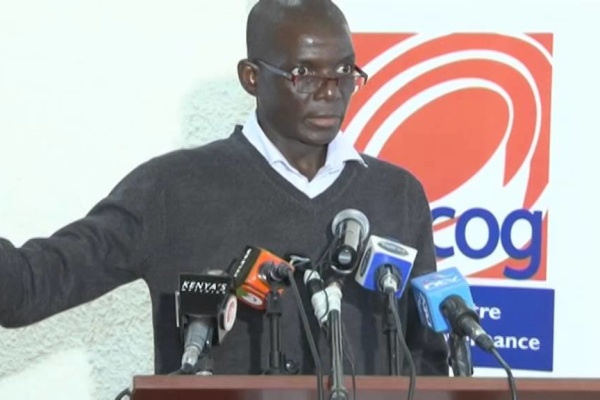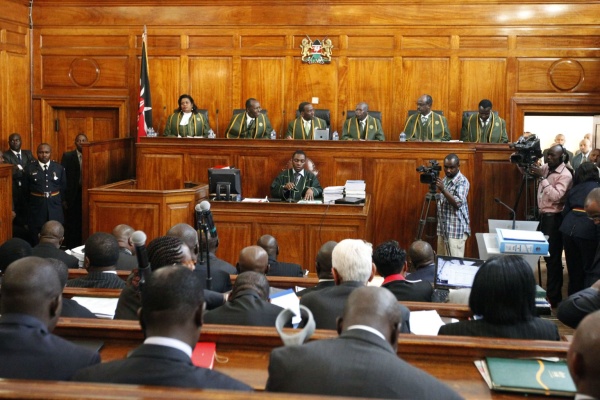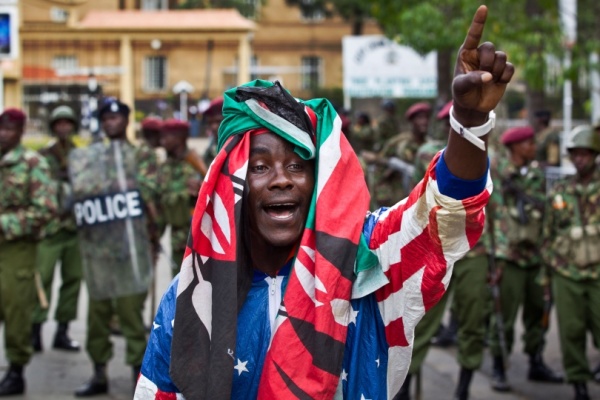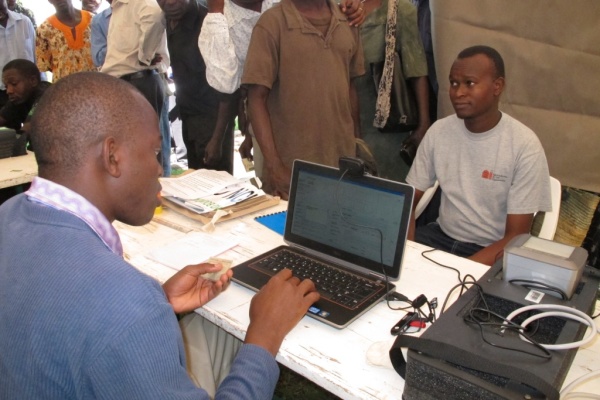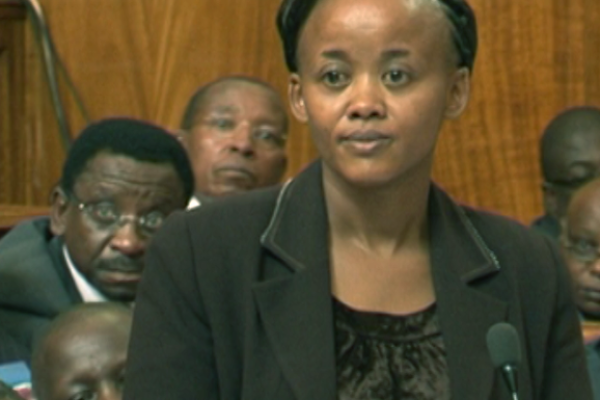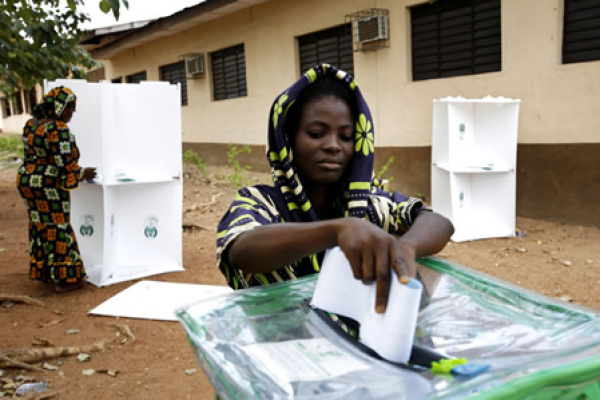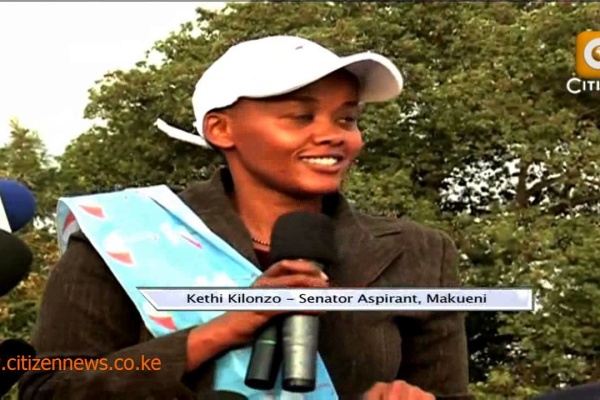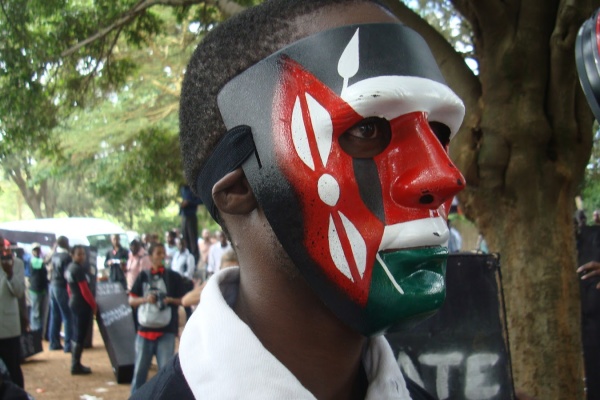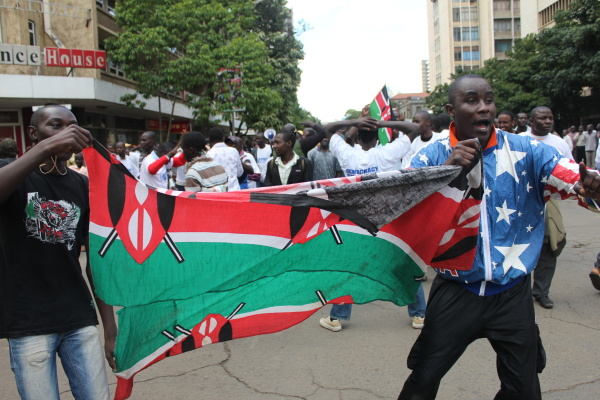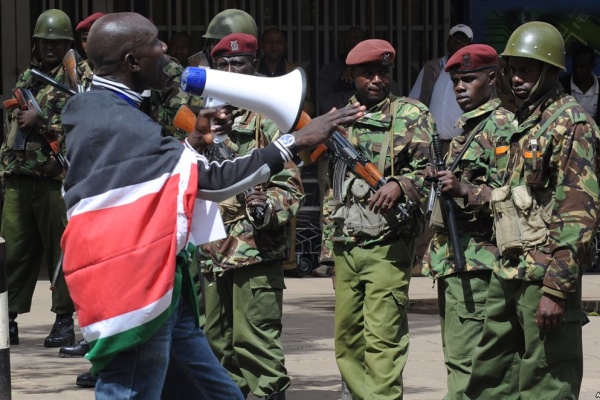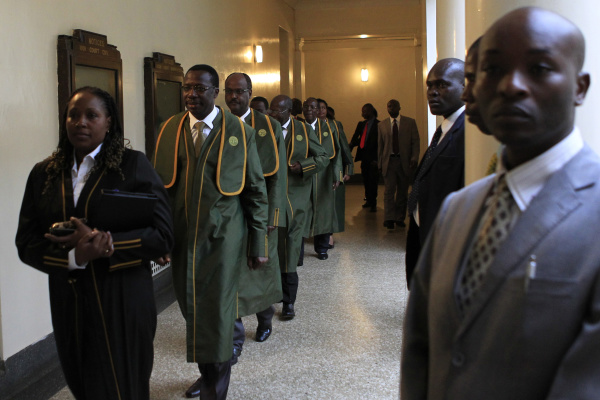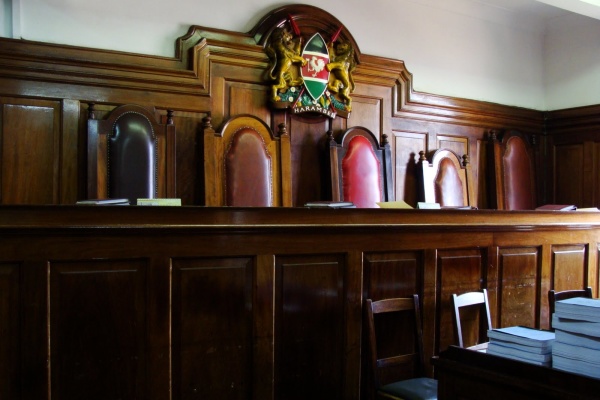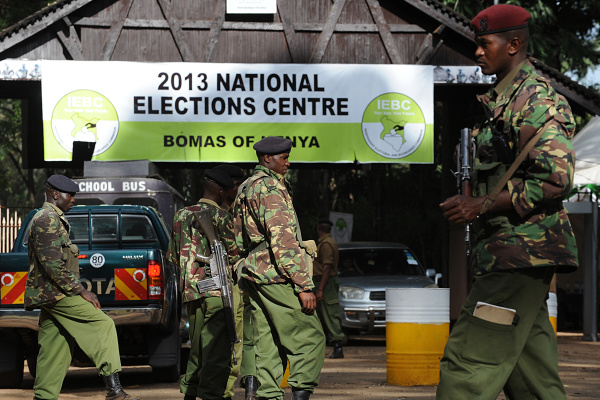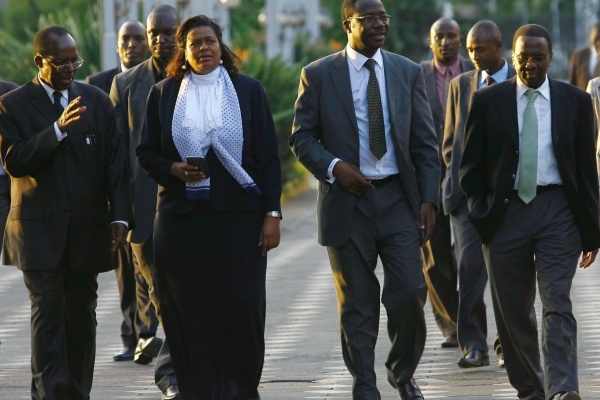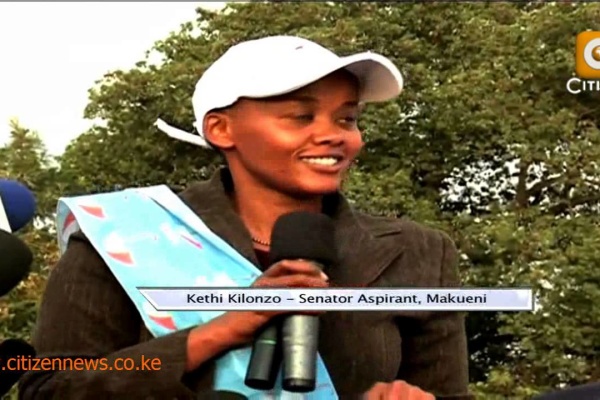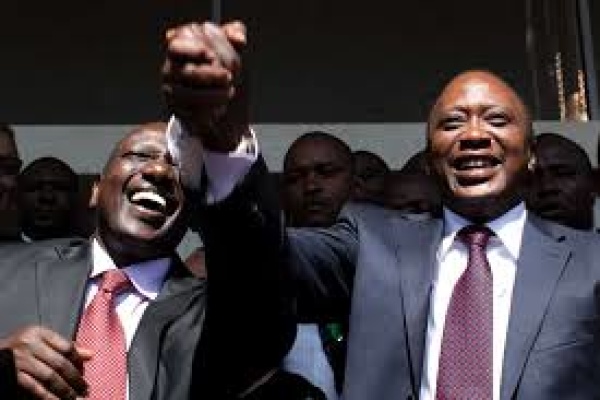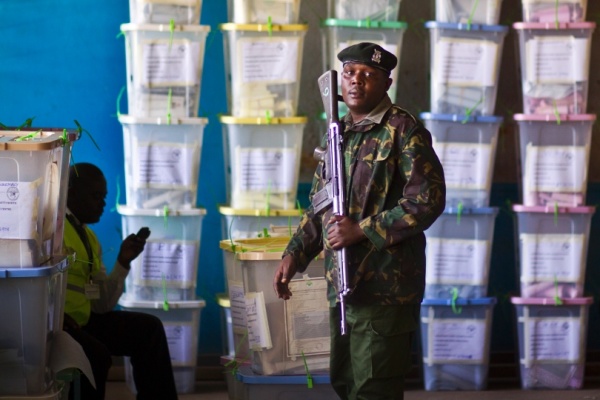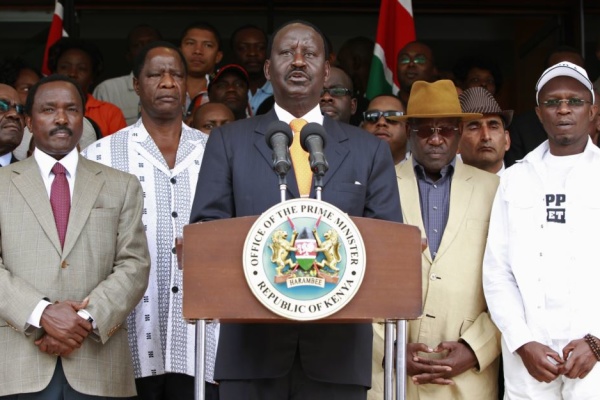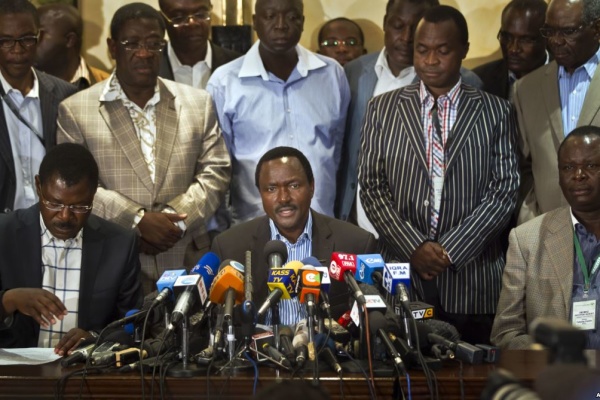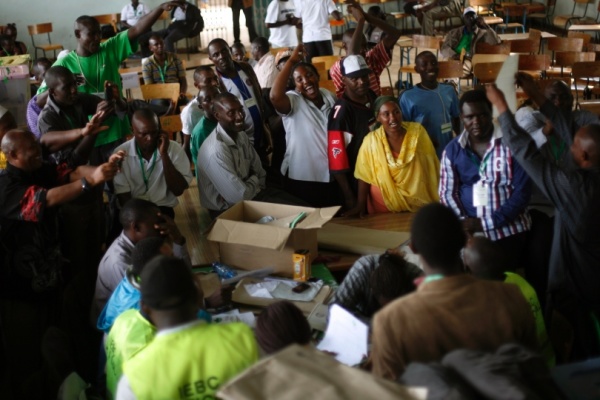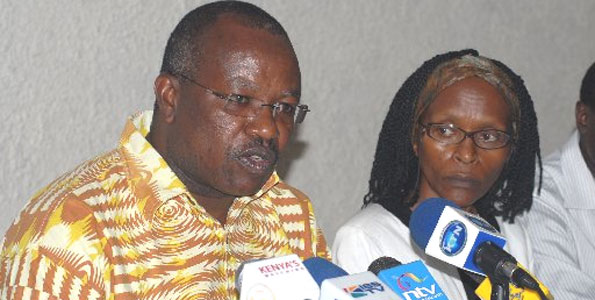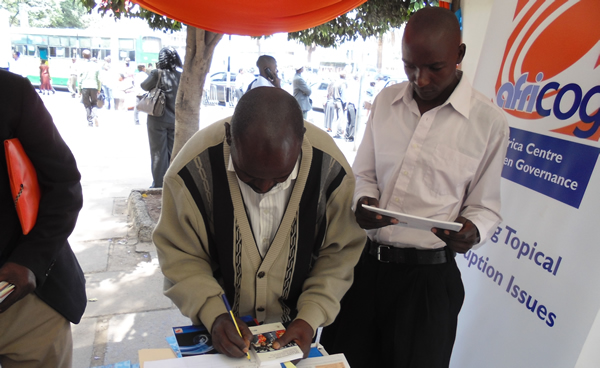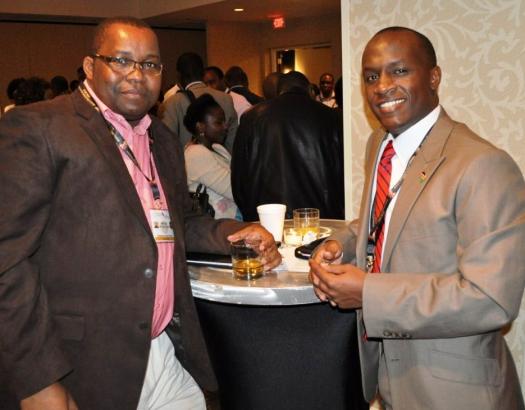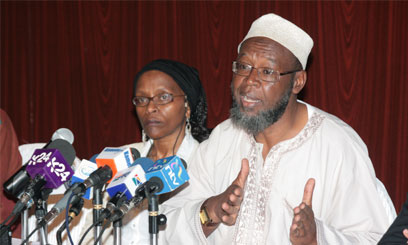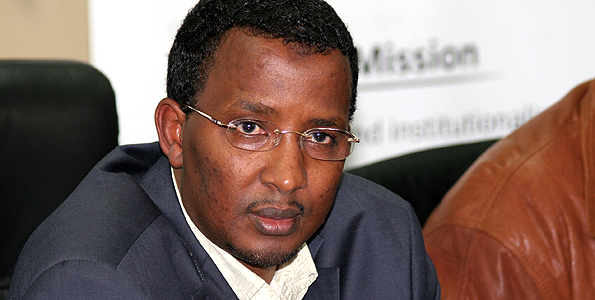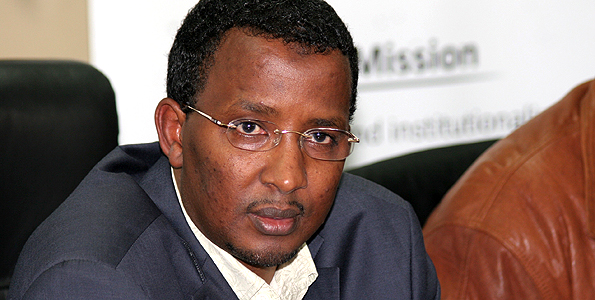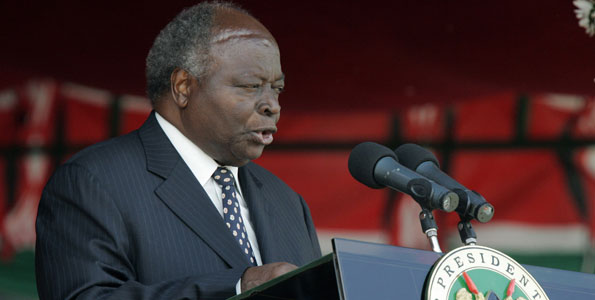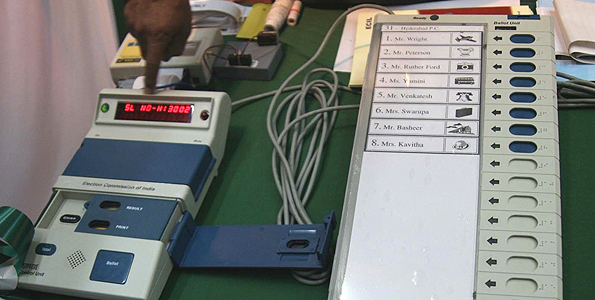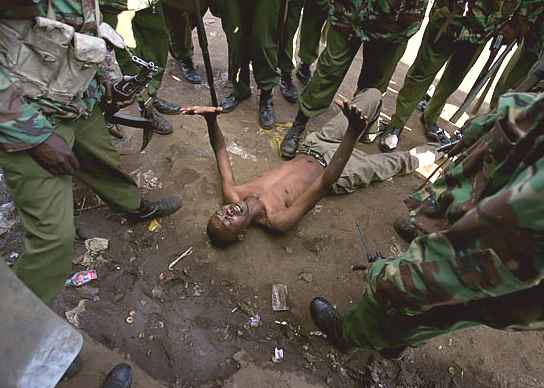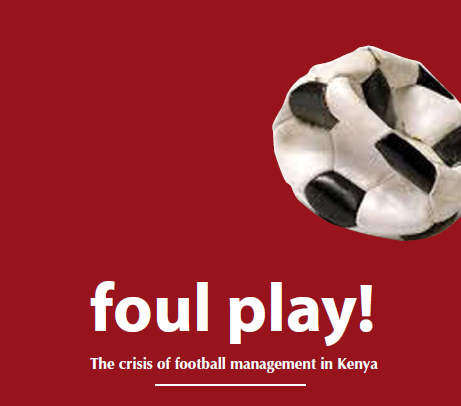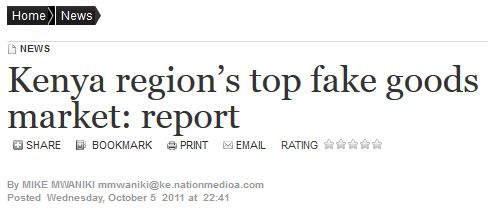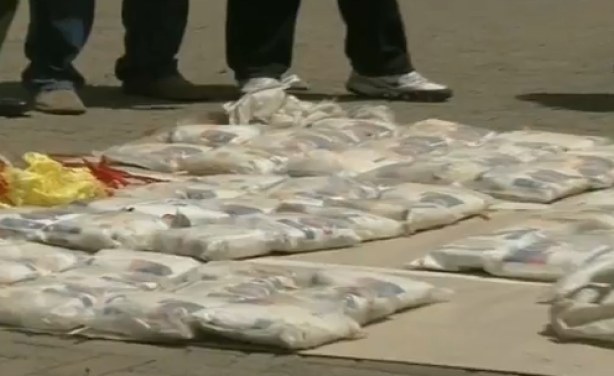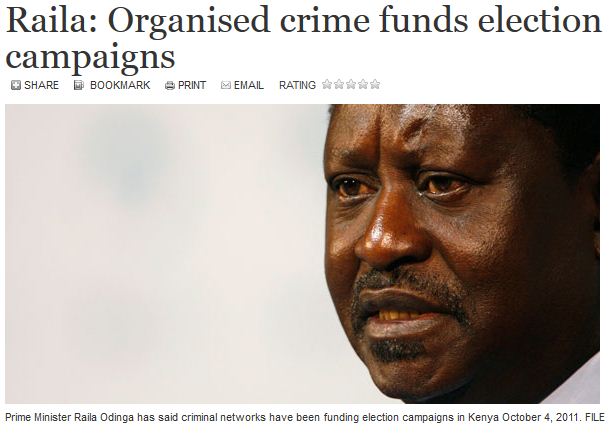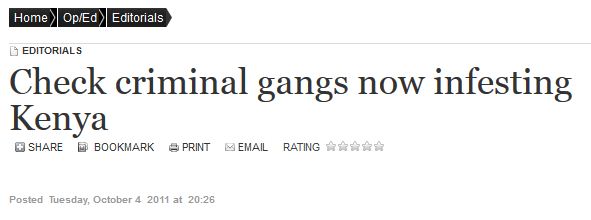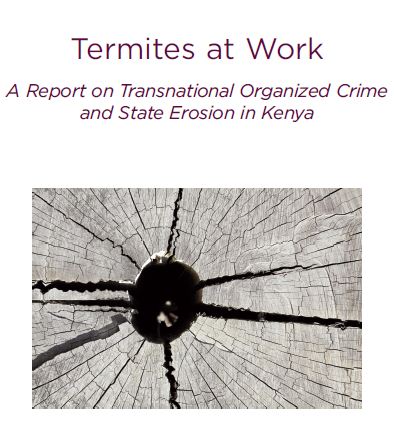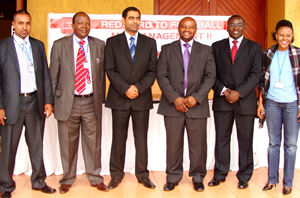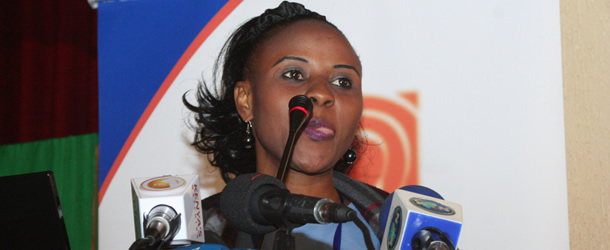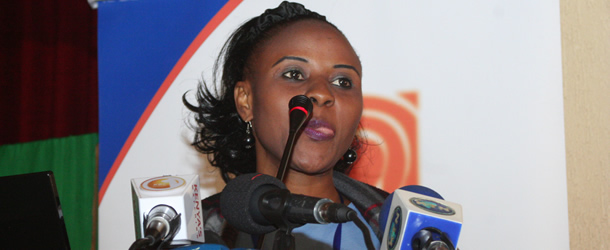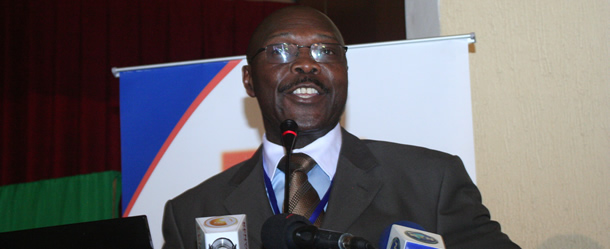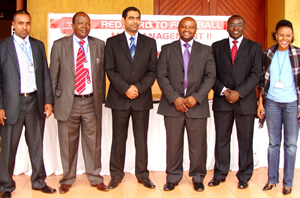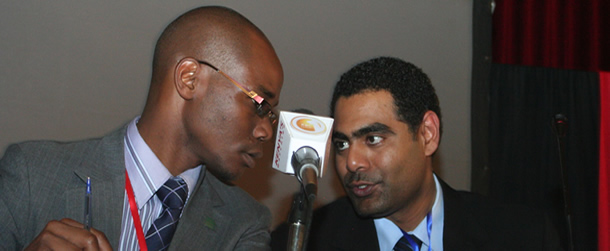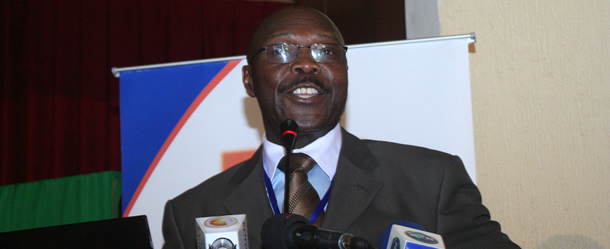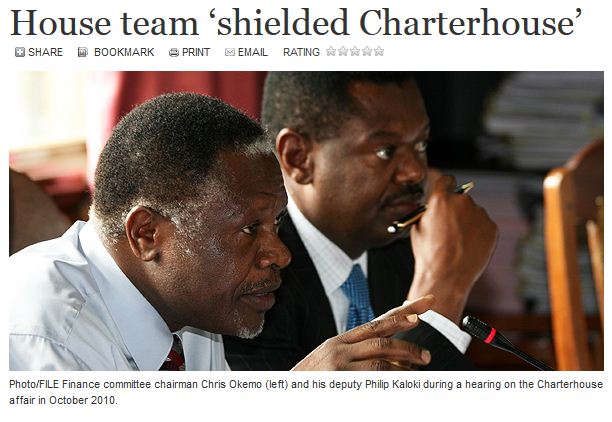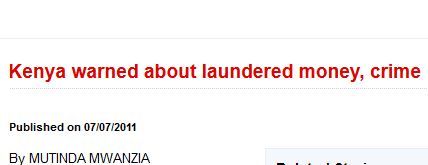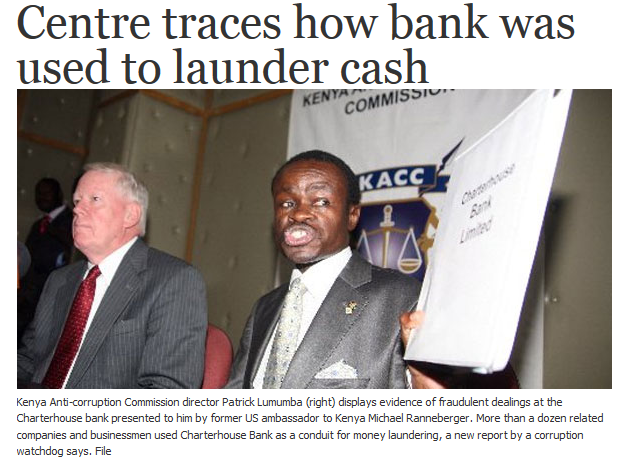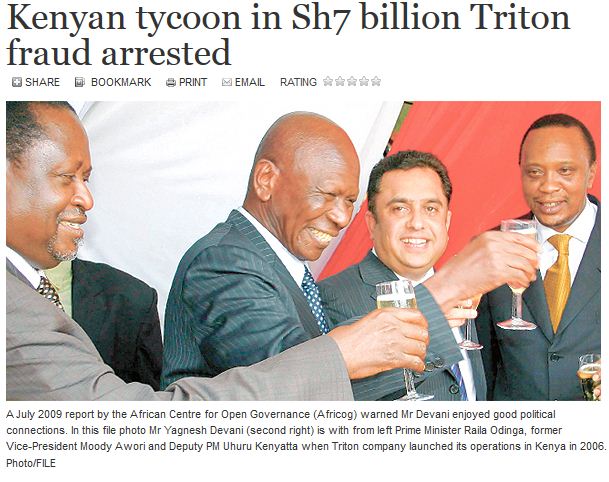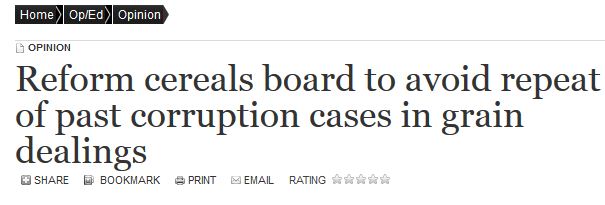Justice Robert H. Jackson once said of the US Supreme Court: “We are not final because we are infallible, but we are infallible only because we are final.”
The infallibility that finality brings may, in the long view, be one of the few merits of the Supreme Court’s much awaited judgment on the presidential petitions.
Sixty per cent of the judgment, by length, is a leisurely rehash of the facts and arguments made by the parties in court. Everything else is given short shrift: Seven paragraphs are spent on reviewing and resolving the issue of the failed technology; another nine paragraphs dispose of the IEBC’s discretion to do manual tallies; 11 paragraphs are dedicated to the voters register and, astonishingly for a court given to brevity, 27 paragraphs are set aside to explain why rejected votes must not count in computing presidential percentages.
To paraphrase an old cynic’s quip, this judgment is both detailed and important, but the parts that are detailed are not important and those that are important are not detailed.
This article offers five reasons for this conclusion:
First, there is the Court’s reliance on extremely backward Nigerian authorities urged on it by the Attorney General, Prof Githu Muigai, acting as amicus curiae. Second, there is its tolerant and uncritical acceptance of the IEBC’s explanations about the ever-fluid totals in multiple voters’ registers and what this means in practice. Third, there is the question of tallying and especially, what the Court’s own tallies show but is not properly reflected in the judgment. Fourth, there is the Court’s use of subsidiary legislation to limit the meaning of “votes cast,” an unambiguous phrase in the Constitution. Finally, there is evidential foreclosure that the Court imposes on itself by taking judicial notice of technology failures instead of treating IEBC as spurious, as urged by petitioners.
Backward looking, mean-spirited, cramped Nigerian precedent
Let us start at the beginning. Central to the Court’s judgment is what the petitioners needed to prove and to what standard they should have proved it in order to get a remedy. The Court says that the answer to that question is “well exemplified” in Nigerian case law.
Apropos of Nigerian inspiration, it concludes that a petitioner must prove that the law was not complied with and also that the failure to comply affected the validity of the elections. That is the legal burden. What is the standard of proof needed? The court seems unsure.
In principle, it says, this should be above a “balance of probability” but below “beyond reasonable doubt.” This means a place in-between the standard in a civil case and that in a criminal case.
But the Supreme Court has also invented a dramatic new standard for the presidential election. A petitioner challenging a president-elect who has won in a first round election, as President Uhuru Kenyatta did, must provide proof beyond reasonable doubt. But what constitutional principle is the court vindicating here? None that one can readily see.
All election results are about data. There are no gradations of winning. Why, then, in principle, should exactness in electoral thresholds, say 50 per cent plus one and 25 per cent in at least half the counties impose on a presidential petitioner the duty to discharge a higher standard of proof – than say an MP challenging a victor chosen on the basis of “a majority of votes cast?”
Or maybe this is the Court’s method of radically curtailing the number of petitions that can be brought against the president-elect. Since most of the evidence of wrongdoing will be in the hands of the IEBC — or a similar body — it is extremely difficult to see how a petitioner could ever succeed.
This cannot be what Kenyans thought a new Constitution was meant to do, shield an elected leader from being subject to an election petition. In fact, it seems more likely than not, that Kenya will never have a run-off election so long as a candidate can, by hook or crook, get himself declared elected. The onerous standard of proof would be incredibly difficult to discharge.
The effect of this new standard is that a petitioner who questions the IEBC’s maths, as Raila Odinga and Gladwell Otieno did, is then subject to the same standard of proof as a person who says that a president-elect has won by corruption, bribery and conmanship.
[pagebreak]
This is a giant jurisprudential step backwards. But even more troubling is whether this is the standard that the Court actually used in deciding these petitions. The judgment is completely hazy about what standard of proof it has applied to what issue in order to answer the specific questions raised in the petitions.
But the court takes even bigger steps backwards in relying on the Nigerian cases. The point at issue is what effect IEBC’s illegalities should have on the validity of an election. The relevant law is Section 83 of the Elections Act. That Section is not a model of clarity. Paraphrased, it says that to invalidate an election in Kenya because of irregularities or illegalities either one of two conditions, but not necessarily both together, must be met.
One, that the election has not been conducted according to the principles laid down in the Constitution and in written law or, two, that though the irregularities and illegalities have not violated constitutional principles they have affected the result of the election. The use of the word “or” in this section means that these two conditions are not cumulative, either one of them is sufficient.
But that is not how Attorney General Githu Muigai, the Supreme Court of Kenya and the Nigeria cases cited as authorities are reading this provision. They say, instead, that the two conditions are cumulative. This means that a petitioner must prove that illegalities have been committed and also that those illegalities have affected the result.
In law, “affect the result” means that without the illegalities somebody else, other than the person who won, would have taken the election. For Raila Odinga, this means that he was expected to prove that illegalities were committed and also that without those illegalities he would have won the election.
But since the Court has created a new standard of proof, it seems that he needed to prove that he had won the election beyond reasonable doubt. The law as borrowed from Nigeria, combined with the new standard of proof, leads to this absurd result: Mr Odinga could show that the irregularities were so gross that everything about the election is in doubt. Such success in Court would not necessarily be to his benefit. The scale of illegalities could be such that he was unable to show beyond reasonable doubt that he, rather than fellow contestant Musalia Mudavadi, would have won the election. In that case, the result announced by IEBC would stand. This, surely, cannot be good law.
Questionable jurisprudence
That we have taken the nastiest Nigerian case law and embedded it in our new Constitution would shock the Nigerians themselves.
Indeed a Nigerian colleague who has read the judgment is aghast: “It is tragic that the Court has relied on some of the most awful and questionable jurisprudence from the Nigerian Supreme Court on elections.”
In lamenting thus, my friend echoes the views of his senior, Prof Ben Nwabueze, arguably Africa’s most accomplished comparative constitutional lawyer. Reviewing the very case law Kenya has now approvingly borrowed, Prof Nwabueze excoriated the Nigerian Supreme Court for its “discreditable” role in wilfully conferring judicial legitimacy on the 2003 and 2007 presidential elections in Nigeria.<
/p>
He lampooned the judges for failing to “appreciate that the question of who should rule Nigeria is not one to be decided by a perverse and narrow legalism, by the technicalities of the rules of evidence, practice and procedure and by considerations of expediency.”
Another Nigerian scholar points to a more progressive line of cases: Alhaji Mohammed D. Yusuf v. Chief Olusegun A. Obasanjo; Buhari v. Obasanjo and the older case of Swem v. Dzungwe. These cases have applied the principle that best represents the meaning of our Section 83. In applying the first limb of Section 84, namely, that an illegally conducted election is invalid even if the result is not affected, Lord Denning stated the rule thus: An election conducted so badly that it does not substantially comply with the law is invalid, “irrespective of whether the result was affected, or not.”
Another judge explained the reason: “An election which is conducted in violation of the principles of an election by ballot is no real election.” Similar reasoning had applied in the Hackney Case, an earlier decision. In that case, two out of 19 polling stations had been closed all day and 5,000 voters could not vote. That election was invalid.
Conversely, the case of Gunn v. Sharpe applied the second limb of the principle: An election will be held invalid even if it substantially complies with the law so long as the result is affected. Here, the election was invalid because 102 ballot papers that should have been stamped had not been and this had affected the result.
The core issue, to round off this discussion, is straightforward: Which of the two readings of Section 83 would promote the open, democratic, accountable government ethos of the Constitution? Certainly not the backward looking, mean-spirited, cramped reading of the law that weak-kneed Nigerian courts have foisted on the hapless public, and which our Supreme Court so happily borrows.
[pagebreak]
Voters register: A milk-fed turkey to future fraudsters
So much for the Court turning to Nigerian case law. However, matters don’t improve much when we turn to the second point, the Court’s conclusions on the voters register. Bluntly put, the Court’s decision on this point has kicked open the door to future election fraudsters.
In rejecting the petitioners’ argument that there must be a Principal Register, the Court holds that there is no single document called the “Principal Register of Voters.” What there is, it says, is an “amalgam of several parts prepared to cater for diverse groups of electors.”
This, surely, is a non sequitur. It does not follow from the fact that the law accepts that a voters register can be broken down into sub-registers and stored in multiple forms, manual and electronic, that therefore the law does not require the IEBC to “publish and publicise” a principal register. On the Court’s holding, the voters register of the future will be what the IEBC says it is at whatever stage of the election.
Indeed, this is what IEBC appears to have been doing all along these past three months. Four documents have been called Voters Register: the Provisional Register of December 18, 2012 with 14,340,036 voters; the Gazetted Register of February 18, 2013, with 14,352,545 voters; the March Register, given to political parties on the eve of the election with 14,336,842 voters and the March 9, 2013 register which was put out with presidential results with 14,352,536 voters. It is this last, the Green Book, which the Supreme Court now treats as the legitimate Voters’ Register even though there is a Gazetted Register, that of February 18.
Does it matter? On the face of it, it does not seem to. After all, there is a difference of only 12,509 voters between the register of February 18, 2013 and that of December 18, 2012. A difference of less than one per cent of registered voters between the highest recorded and lowest recorded number of voters is, as the IEBC said, statistically insignificant.
Yet if we look behind the small discrepancies between the global totals, we see huge variations in regional and constituency numbers. There are large subtractions from and even larger additions to the register after December 18, 2012.
Arguments
In open court, during the hearing, the arguments seemed stuck on explaining the 36,236 voters who the IEBC said were physically disabled but eligible voters without biometrics. The Court accepted this explanation; after all, it is hard to criticise the cartel of good intentions, among whom the IEBC numbers.
However, the law is that even disabled people should have registered by December 18, 2012. There is therefore no reason for them to be added to the Register only after the Principal Register has been gazetted, that is after February 18, 2013. But even if one discounts this number, there is still a lot more explaining for IEBC to do.
Consider this: Shortly after December 18, 2012, some 13,790 voters in Coast and Nyanza were subtracted from the register; 50,102 voters were subtracted from the register in Nairobi and 2,938 voters were subtracted from Western Province register. These subtractions seem plausible: They may be cases in which essential personal details are missing and IEBC had to remove the names from the record. But, and this is the question the judgment never asks, why are there also so many additions? In Central Province and Rift Valley, 68,836 voters were added to the register; 6,604 voters were added in North Eastern and 4,222 voters were added in Eastern Province.
All these facts were pointed out in the petitions: IEBC did not explain any of the additions; it did not explain why Makueni Constituency had four different voter registration figures for the presidential election, the governor election, the senator election and for the national assembly election. It did not explain why Othaya Constituency had three voter registration figures: 46,848 at the close of registration; an additional 383 by voting day and a total of 47,293 on the final announcement.
Even more damning, the petitioners said that IEBC had tinkered with the Register in 45 out of 47 counties, adding between 101 and 8,516 new voters in particular constituencies. In Turkana County alone five constituencies got added voters: Loima got an additional 4,519 voters; Turkana Central another 8,516; Turkana East, 1,867; Turkana North an additional 5,122 and Turkana South another 3,957.
In West Pokot County, Kacheliba received an additional 1,911; Kapenguria a further 4,229; Pokot South another 4,988 and Sigor a total of 1,964. The five constituencies in Trans-Nzoia County received 13,288 new voters.
Two questions arise. Are these additions lawful? Would these numbers have affected the result? Since the Court’s judgment does not analyse this evidence, it does not answer either of these two questions. The judgment assumes, without analysis, that the integrity of the Register had no effect on the result.
That is a dubious assumption: Small numbers eventually add up. If you had a computer programme that stole 10 votes per station in 25,000 polling stations, the national tally of stolen votes is a quarter of a million votes. With a fluid register, the theft would never be detected. This means that allowing the IEBC to keep an indeterminate register, as the Court’s decision most surely has done, is to gift a milk-fed turkey to future fraudsters
[pagebreak]
But we do not have to speculate how the register could affect the result. Let us use the three post-December 18 registers to simulate the effect on the results of the 22 polling stations that Mr Odinga had challenged and that the court had had re-tallied.
Using the registration figures in the Form 34s from these polling stations, 16 out of t
he 22 polling stations had more than 100 per cent voter turnout. If you use the figures in Form 36 or in the Register of the 18th of February, 18 out of 22 would have had more than 100 per cent voter-turnout. Finally, if you used the registration figures in the Green Book, which neither the presiding officers at the polling stations nor the returning officers at the constituency level had used, two polling stations would have more than 100 per cent voter turnout.
In law, the results from a polling station that reports more than 100 per cent voter turnout should be cancelled. So, take your pick. Is the IEBC to cancel the results of 18 polling stations? Or 16 polling stations? Or two polling stations?
This naturally leads to the third point, how the tallying was done and whether the Court’s conclusion on the issue is sound. Here, there are two issues: One, the IEBC’s number-work and two, the status of provisional results vis a vis the final result.
The petitioners argued that provisional results are needed to validate final results. From this it followed that without them, final results are invalid. The Court judgment disagrees. It implicitly reads Regulation 82, and Section 39 of the Elections Act, as imposing no requirement that final results be verified against provisional results. The Court comes to this conclusion in a roundabout way. It asks and then answers a question that was only tangentially before it: Are final results invalid just because provisional results were not electronically transmitted?
Notice though. By framing the issue thus, the Court has erected a straw man that it has then demolished with aplomb. The straw man allows the Court to duck the difficult question of how “to verify and validate final results without provisional results” and to answer, instead, the easier question “whether the means of transmitting provisional results affect the validity of final result.”
Does this matter? The poignant truth is that it does. After the 2007 crisis, Justice Kriegler recommended electronic transmission of results. In the rules that were subsequently drafted, results from polling stations, transmitted electronically, would be provisional. And there are two senses in which polling station results are provisional.
First, in Kenya there is no electoral unit that corresponds to a polling station. Technically then, a result announced by the presiding officer at the polling station is not really a result. Legally, at least in petition law, a result refers to an identifiable winner or loser. To the extent that not a single polling station gives such an outcome, all the results announced there and put in Form 34 are provisional until cumulated with other polling station results to give a final result, whether for the MP, the governor or the president.
Second, the law places polling stations results on provisional “probation” to allow verification before a final valid result can be announced. That process involves cross-checking crucial facts: Have more people voted than are registered? Did ineligible voters vote?
Seen thus, the question of whether the failed electronic transmission of provisional results affects the validity of the final result is a red herring. The point is that transmission failures left IEBC without the means to cross-check and verify tallies in Form 36. But that failure is of IEBC’s own making since they made no effort to gather Form 34s. Without Form 34s, how did IEBC actually verify the final results that it announced to the public?
Manual or electronic
Unfortunately, the way the Court settles this issue allows the IEBC to affirm and deny what it pleases when it pleases. Consider. IEBC says — and the Court agrees — that Kenya’s voting system is basically manual. Electronics are mere facilitators. Once you grant that, the conclusion follows as a matter of logic: The failed electronic transmission could not have affected the validity of the presidential result.
This piece of sophistry should have invited a sharp rebuke: If electronics are surplus to requirement, what safeguards had IEBC put in place to tally and verify final results against Form 34 using the manual system? IEBC never answers that question mainly because it has been allowed to speak from both sides of the mouth: It can impugn technology as failure-prone and also evade the duty to create a fail-safe manual system to do that which the technology should have done.
The lack of clarity in the Court’s judgment about IEBC’s duty to ensure that final results could be verified against provisional results means that the country had to accept whatever numbers the IEBC gave. As subsequent reviews have shown, especially reviews done by Dr Seema K. Shah, the IEBC cannot be trusted with registers, technology or numbers. Dr Shah observed and reported on the Court-ordered tally of the 33,400 constituencies. Her report is a collection of IEBC’s riotous assembly of mis-tallies and contradictions.
Many Form 34s had more votes cast than registered voters. In Turbo constituency, polling station 69, stream 2, some 784 votes were cast but only 755 were registered. In polling station 71, stream 2, there were 741 votes cast but only 716 were registered. In Kacheliba, polling station 112, there were 215 votes cast but only 214 registered voters. In these polling stations, the results should have been cancelled.
[pagebreak]
In some Form 34s, not all presidential candidates were listed and, therefore, one cannot tell whether they got no votes or that their votes disappeared. In Baringo South, polling station 91, stream 1, only Uhuru Kenyatta, Raila Odinga and Paul Muite appeared on Form 34.
In many Form 34s, the numbers do not add up. In Kacheliba constituency, polling station 102, though the votes cast are recorded as 0, there are 170 rejected votes and 170 valid votes. In Baringo South, polling station 117, stream 1, there were 133 valid votes and 0 rejected votes, which should total 133 votes cast. The figure for votes cast, however, is 134. In Cherangany, polling station 2, stream 5, the number of valid votes is 332 and the number of rejected votes is 4, which adds up to 336 total votes cast. The number of votes cast, however, is 340. In Turkana North, polling station 12, the number of votes cast, 340, does not equal the number of valid votes, 340, plus the number of rejected votes (5).
Many Form 34s are missing altogether. There is no Form 34 for polling station 84 or for polling station 99 in Turkana North. Polling station 99 does not appear in the list of polling stations published on the IEBC website on February 24, 2013, but it does appear in the paper gazette. Form 34s for polling stations 92 and 113 in Turkana Central are missing.
Looking closely at these numbers, it is not surprising that some of the same constituencies whose the registers had unexplained additions — in Turkana, West Pokot and Trans-Nzoia — have cropped up yet again. Are these coincidences?
To be fair to the Court, one must ask what by way of report-back, its own scrutineers gave the judges. If they did get this information, why is it not reflected in their judgment? Or is it another case of it would have made no difference? Even if these numbers would have made no difference to the result, do they not in fact disclose that illegalities occurred?
Spoiled votes: Supreme Court goes fishing in the Seychelles
Let us now turn to the fourth issue, the question that took so much of the Court’s time: Do rejected votes count in computing the presidential percentages? Should they? Are rejected votes “cast votes” in computing percentages?
The Court holds that rejected votes do not count. Though the Court’s conclusion can be criticised, as it is in this analysis, it has the merit of
being clearly reasoned and properly explained. Why is the conclusion wrong then? The repealed Constitution said that the only votes that counted were the “valid votes cast.” The new Constitution says that it is “votes cast.”
Relying on the language of the Elections Act, the Elections Regulations and a decision from the Seychelles interpreting remarkably similar provisions in that country’s Constitution, the Supreme Court concludes that “votes cast” in the new Constitution means exactly the same as “valid votes cast” in the old Constitution.
There are two problems here: How to read clear language in law and two, what constitutional theory says about interpreting the Constitution. To the first point. In interpreting laws, words must be given their natural meaning. This rule is applied in all cases unless to do so leads to absurdities or the statute makes clear another meaning is intended.
The petitioner did not show, as we argue below, that a plain reading of the “votes cast” phrase leads to absurdities. When the language is clear, the Court must assume that the Constitution means what it says. In this case, the Supreme Court had no need to go fishing in Seychelles.
Second, in interpreting the Constitution, it is illegitimate to limit the broad language of the Constitution based on the language used in statute and regulations as the Court has done here. This is because of the hierarchy of laws: A regulation is only law because it is made under the authority of a statute and the statute is itself only law because it is made under the authority of the Constitution. The legitimacy of law flows backwards to the founding document.
The Court’s method of teasing out the meaning of a phrase in the Constitution by parsing similar phrases in inferior law suffers a double infirmity: It is wrong in theory and it is prohibited by the supremacy clause.
But there is a point of principle why rejected votes should count. The first limb of that point arises from the right to vote. The second limb arises from why the Constitution sets high electoral thresholds for the president in the first place.
As regards the first limb, the Court, like the petitioner here, assumes that the right to vote is equal to the right to choose one of the candidates on ballot. This assumption is wrong. The right to vote has three elements: The right to make a choice from among the candidates on the ballot; the right to refuse to participate in the election by abstaining and the right to cast a protest vote by rejecting all the candidates on the ballot. The right to cast a protest vote can be expressed by deliberately spoiling a ballot.
[pagebreak]
Saying that rejected ballots don’t count as “cast votes” implies that the person who goes to the queue and casts a protest vote against the candidates on the ballot is treated exactly as the one who stayed home. That is not the theory of our Constitution. Not if we take its language seriously. By equating the right to vote to a right to agree with one of the choices on the ballot, the Supreme Court has radically impoverished the meaning of the right to vote.
The second limb of this argument is numerical. The new Constitution wants to ensure that no candidate can win the presidency without a majority of the votes cast, more than 50 per cent, and a reasonably broad geographical base, 25 per cent of at least twenty four counties. Only if a candidate makes this threshold in the first round should he or she be declared elected president. A candidate, and the country, must suffer the inconvenience of a second round of elections to do what the Constitution requires. How do the rejected votes contribute to this math? Consider a simple election with 100 voters, two hugely unpopular candidates and 50 per cent plus one of “votes cast” needed for victory.
Some 60 per cent of the voters protest against both by spoiling their ballots. Candidate A, Grand Butcher, gets 35 votes and candidate B, Floating Scum, gets five votes. If you include rejected votes, Grand Butcher has only 35 per cent of the votes cast and cannot win in the first round. If you exclude rejected votes, Grand Butcher wins with 87.5 per cent of valid votes cast.
In such cases, a protest vote, as David Ndii points out to me, can be used to achieve either or both of two things: Deny a disliked candidate a first round victory or, if not that, long-term legitimacy. But what happens in the run-off? What is the point if both thugs will be running again? The point is that there is an incentive for either or both candidates to make themselves more pleasant to the electorate in the second round. Or, it may be that the huge protest vote may persuade the authorities that they need to tighten ethics laws so that Butcher and Scum don’t seek office in the future.
Did the technology fail or was it pushed?
Finally, we turn to the Court’s holding on technology failures. The Court takes judicial notice that technology, including electoral technology, is “rarely perfect.” With that assertion it shuts off its own factual inquiry as to whether technology failed or was pushed.
The IEBC said the technology failed. The petitioners said that the failures were so systemic that they show culpable negligence.
Again the Court’s short way with these arguments is way too short. When a country has invested Ksh10 billion or over a $100 million dollars in electoral technology in order to enhance the fairness of its elections and to eliminate fraud, it seems like a cruel betrayal to kill off the issue of why the pricey machines failed with the dispositive statement that “technology fails.”
There were very specific questions asked by the petitioners. IEBC did not convincingly respond to any. Why was the Electronic Voter Identification Device, EVID, never deployed? The IEBC had publicly assured Kenyans before the election that it had put in place mechanisms to ensure that the technology would work. Why did IEBC buy the kit but not get the connectivity required to make it work?
Why did the IEBC set up the authentication system on a GPRS platform knowing that this platform’s low capabilities could impair performance? Given GPRS data transmission rates of 56-114 kbps, against other higher performance locally available platforms such as EDGE (200 Kbps); 3G (above 200 kbps) was this a reasonable or responsible decision? Are these the standards an election court expects of a reasonable elections manager, like IEBC?
Instead of asking these difficult questions, the Court actually cut the IEBC more slack. It took judicial notice that many polling stations in rural Kenya are primary schools without electricity. But why should that excuse the IEBC?
IEBC toured the world in search of appropriate electoral solutions. Even at that early stage, it knew the state of power connectivity in Kenya. Knowing that the BVR system relies heavily on a steady supply of electricity for the laptops on which the systems run, was the IEBC deliberately misleading Kenyans when it said it had put in place measures to make the technology work?
If that announcement were not mendacious, what plans had IEBC actually made to provide backup power beyond the life of the one battery the computers started out on? In some stations, batteries had died within one hour of the opening of the polling. Is it technology failure or recklessness when the battery on the computer fails even before voting has begun?
On the results’ transmission systems there are even more questions, all raised by petitioners but none answered by IEBC nor broached by the Court.
Were the mobile phones that were to be used to transmit the results actually configured in advance or tested and confirmed to be fit for the purpose? Was the server that was set to receive the re
sults itself configured correctly? Was it ever tested? Why was there no in-built redundancy in the system as there ought to have been if the system were expected to be fail-safe? How was it possible that the loss of one server brought down the whole system?
Instead of engaging with these issues, the Court accepts the reverse logic urged on it by the IEBC, namely, the argument that the technology was meant to back up the primary manual system. This bizarre logic says, in effect, that Kenya set up a more accurate electoral system — BVR, EVID and Electronic Results transmission — in order to act as the back-up to the inaccurate and inefficient — and already proven to be so — manual system.
This is the first — hopefully the last — that we shall hear of a country buying state-of-the- art computer technology in order to provide an additional layer of security for its stone-age manual systems. In forward thinking countries, inefficient manual systems are at the bottom of the pile in the hierarchy of back-ups for layers of overlapping technologies.
To support its wobbly case, the IEBC marshalled two cases from the Philippines that ostensibly stand for the proposition that manual systems trump technology. According to the Kenya Court’s helpful summary of those cases, “the plaintiffs had based their claims on fears which they had, sparked by potential abuse and breakdown of technology, and the effect of this on the integrity of the electoral system.”
That completely mis-describes the cases. One case had nothing to do with technology, the other case was full of praise for technology. The first case, Douglas R. Cagas v the Commission on Elections, was based on a procedural technicality. The issue of electronic machines was irrelevant to that question and was sneaked in by the petitioner, Douglas R. Cagas, who had won the seat of Governor of the Region of Davao del Sur, just so as to frustrate the petition of his competitor, Claude P. Bautista.
Cagas wanted the Supreme Court to dismiss Bautista’s petition, which was yet to be finalised by a division of the Electoral Commission on the basis that the Court had already held that election machines were reliable and accurate in the earlier case of Roque, Jr. v. Commission on Elections. His argument was that since Bautista’s petition wanted to impugn a technology already endorsed by the court, it should be thrown out. The Court refused. The conclusion then is that in the Roque case, the court was strongly in favour of electoral technology. In the Cagas case, the court merely refused to create a presumption of infallibility of technology.
Stringent rules
The unhappy feeling one comes away from this judgment with is just how stringent the standard that the Court imposes on petitioners is. And, conversely, save for the rather tame recommendation that IEBC be investigated and maybe prosecuted, just how so very lenient the standard by which IEBC’s performance has been judged is.
To conclude: In the opening paragraphs of this lengthy but unpersuasive judgment, the Court grandly hoped that the case would be “viewed as a baseline for the Supreme Court’s perception of matters political.” One hopes not; the Supreme Court can do better.
Does this criticism impugn the decision that the Court has reached? Not really. Ultimately, it not whether one wins or loses in court, it is whether the loss or win is seen to be just. Parties look to the reasons that the Court gives to see why they have lost. Judicial reason is the primary tool by which we hold judges to account. The public judges the judges by the soundness of the reasons that they give for their decisions.
Sadly, as the saying is, in this judgment, the Supreme Court has only given us reasons that sound good, not good, sound reasons.
Wachira Maina is a constitutional lawyer
